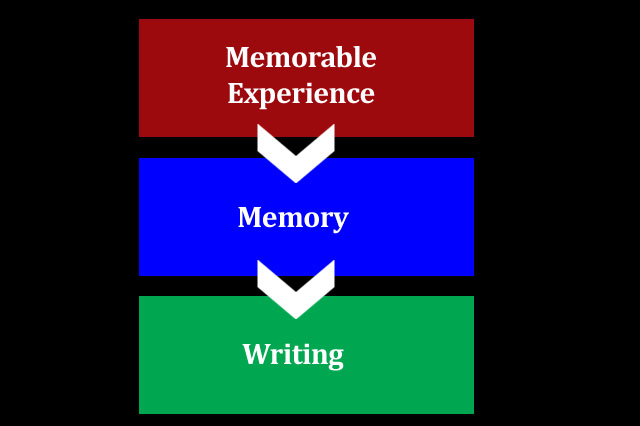Note: the following article on the concept of the grotesque in literature is a modified excerpt (pp. 47-48) from my doctoral dissertation, “Time is Everything with Him”: The Concept of the Eternal Now in Nineteenth-Century Gothic, which can be downloaded (for free) from the repository of the Tampere University Press. For a list of my other academic publications, see here.
What Is the Grotesque in Literature?
The grotesque in literature can be broadly defined as “a written form of expression which described that which could not be controlled by reason, was unnatural, and arose in opposition to the classical imitation of ‘beautiful nature’ and the rationalism and optimism of the Enlightenment” (Perttula 2011, 22).
However, it is important to underline that the concept of the grotesque underwent an important shift during the Romantic period, which “highlighted above all the dark, fearsome, and demonic nature of the grotesque”, though its comical aspect was still present (Ibid). The merging of what appear to be incongruent elements – comedy and horror, natural and unnatural, and so on – is precisely where the affective power of the grotesque lies. As Kayser argues:
The distortion of all ingredients, the fusion of different realms, the coexistence of beautiful, bizarre, ghastly, and repulsive elements, the merger of the parts into a turbulent whole, the withdrawal into a phantasmagoric and nocturnal world … all these features have here entered into the concept of the grotesque. (1981, 79)

Kayser reaches this conclusion examining the works of Edgar Allan Poe, arguably an important figure in this post-romantic form of the grotesque, but in terms of evolution in the concept of the grotesque, Victor Hugo’s contribution should be emphasized.
Whereas before him the grotesque was generally seen as something not existing in nature, Hugo, in his 1827 “Manifesto of the Romantic Movement”, introduced the idea that the grotesque was a part of natural reality (Perttula 2011, 22). The presence of something seemingly unnatural underlines the ambiguous placement of the grotesque between reality and fantasy, an element which is in fact visible also in the Bakhtinian grotesque, when its scope is examined more closely.
(more…)
